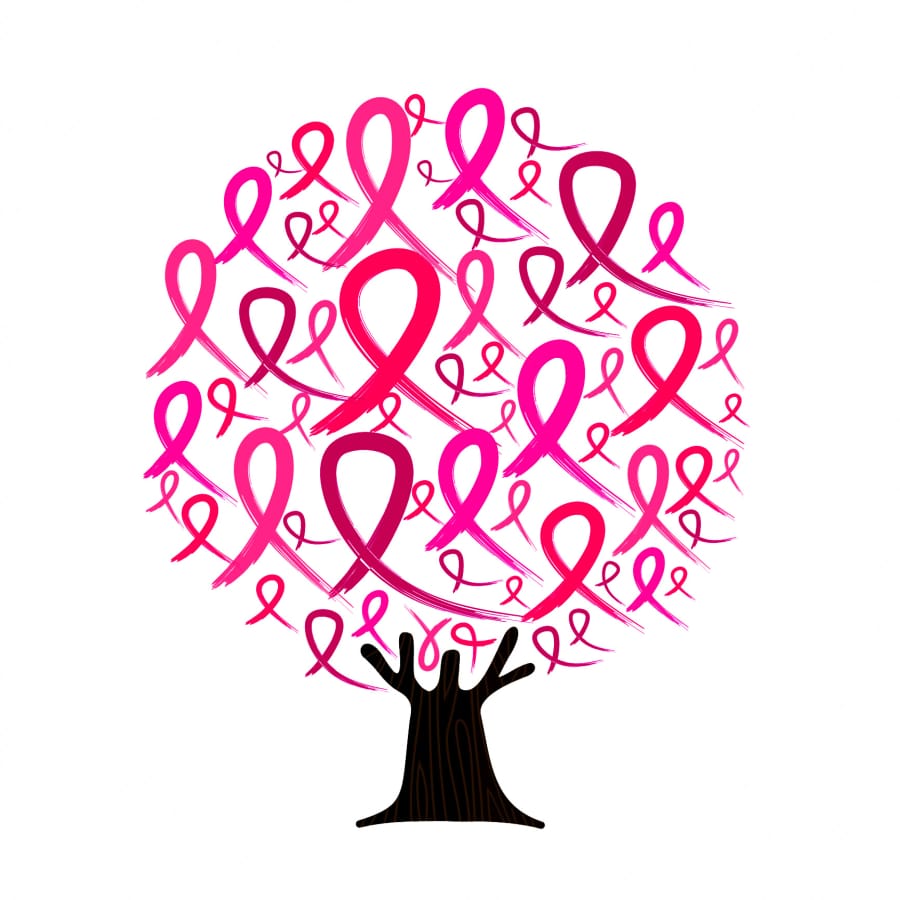Our doctors Justus Apffelstaedt and Fatima Hoosain (specialist surgeons with an interest in breast, thyroid, and parathyroid health as well as soft tissue surgical oncology) stress the importance of being prepared for treatment post a breast cancer diagnosis.
“Breast cancer is one of the most-understood cancers,” says Dr Apffelstaedt. “According to the BMJ, the average risk of dying from breast cancer in the five years after a diagnosis has fallen from 14% to 5% since the 1990s. For those diagnosed during 2010-15, more than six in 10 women had a five-year risk of 3% or less[1]. As with other cancers, chemotherapy is frequently used in addition to endocrine (hormone-blocking) therapy, radiation therapy and biological agents. Whilst the physical side effects of treatment are generally fully discussed, it’s as important for all cancer patients to prepare for the psychological impact of their treatment and the long-term physical realities.”
“In the case of young women being diagnosed with breast cancer,” says Hoosain. “Their treatment requires complex consideration and, at times, a more aggressive approach due to the timing of the diagnosis – which is often later than older women as they are not required to attend screening regularly. There are also other dynamics requiring special consideration when it comes to younger women such as fertility and pregnancy, bone health, genetics and the risk for other diseases, treatment-induced menopause and potential sexual dysfunction. Psychosocial issues also need to be factored in with many of these women having young families and often playing a critical role in the financial stability of the home[2].”
“Women who experience menopause early because of chemotherapy may have a higher risk of the bone-thinning conditions osteopenia and osteoporosis. Younger women, who have undergone these therapies, must therefore have periodic bone density tests and, possibly, treatments to prevent further bone loss” says Apffelstaedt.
Cardiotoxicity due to traditional and targeted cancer treatments is also an important topic to be discussed. Due to the increasing number of long-term survivors as advances in cancer therapy improve cancer outcomes, there is more attention being paid in the medical community to potential acute and chronic side effects that may reduce quality and quantity of life of cancer survivors. Treatment induced heart disease and early atherosclerosis is one of the more frequent and potentially serious side effects. “There is now a rapidly evolving field of cardio-oncology,” says Apffelstaedt. “Cardio-protective strategies are increasingly discussed prior to treatment to try and mitigate the possibility of cardiotoxicity. Much is still not understood but there is an increasing research effort to assist the oncological team in proactively protecting the cardiovascular system during treatment.”
“At any age, sadness, despair and even depression can occur post a cancer diagnosis,” says Hoosain. “Mental health is incredibly important during the treatment process as patients absorb their diagnosis and start to undergo the treatment cycles. Being faced with your own mortality is never easy, and if not supported, depressive feelings can reduce quality of life both during treatment and afterwards. A clinical paper published in 2013 showed that ‘Relaxation training during chemotherapy can reduce anxiety and other adverse events in postoperative breast cancer patients. This should be considered a valuable complementary approach in improving patient care.[3]’ We have found that proactive and clear communication from the medical team, ensuring that there is family or community support and introductions to cancer support groups all go a long way towards assisting mental health.”
“In summary, it’s important for the medical team to ensure that all patients are given as much information as possible at the point of diagnosis,” says Apffelstaedt. “Emotional and practical support, the reduction of stress, appropriate exercise, a good diet, avoidance of environmental toxins and good sleep are all critical for wellbeing during treatment. Sexual health, self-esteem, fertility issues, bone and cardiovascular health should all be incorporated into the treatment strategy and supported by the multi-disciplinary team.”
[1] https://www.bmj.com/company/newsroom/most-women-diagnosed-with-early-breast-cancer-can-expect-to-become-long-term-cancer-survivors-say-experts/
[2] Burgmann, D. M., Dobler, F., Zeder-Göss, C., Mahner, S., Harbeck, N., & Würstlein, R. (2019). Breast cancer in young women. MMW-Fortschritte Der Medizin, 161(14), 43–47. https://doi.org/10.1007/s15006-019-0783-2
[3] https://www.ncbi.nlm.nih.gov/pmc/articles/PMC3832338/






